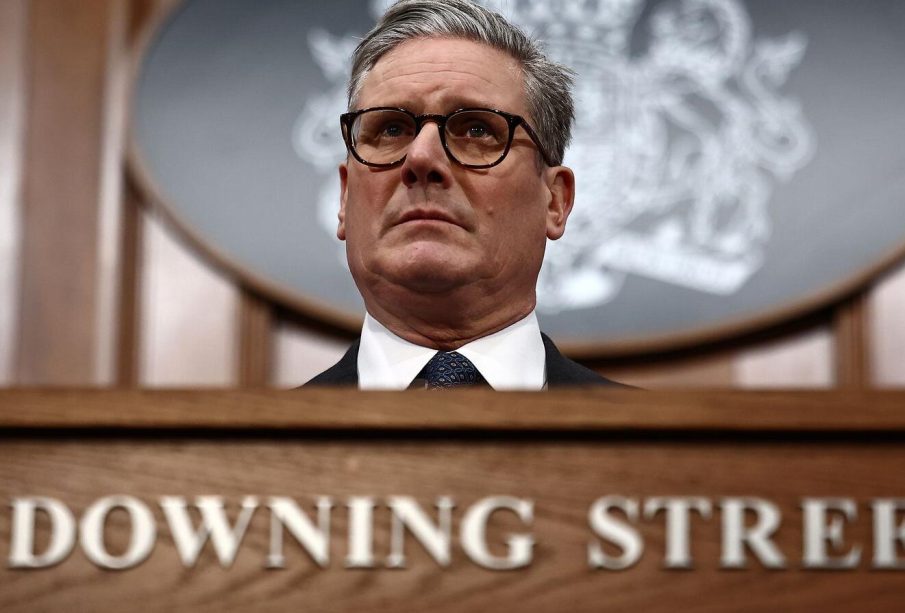An Insight into Keir Starmer’s Political Leadership

Introduction to Keir Starmer
Keir Starmer, the Leader of the UK Labour Party, has emerged as a significant figure in British politics since taking over the leadership in April 2020. His approach to leadership and policies has captured public attention, particularly as the political landscape continues to evolve in the wake of the COVID-19 pandemic and Brexit. Understanding Starmer’s strategies and their implications is vital for grasping the current and future state of UK politics.
Starmer’s Rise to Prominence
Before his leadership of the Labour Party, Starmer served as the Director of Public Prosecutions and Head of the Crown Prosecution Service. His legal background adds a layer of expertise to his political maneuvering, often emphasizing justice and accountability in his speeches and policies. Since taking office, he has worked to redefine the Labour Party’s image, distancing it from the controversies surrounding his predecessor, Jeremy Corbyn, and advocating for a more centrist approach to attract a broader voter base.
Current Political Climate and Starmer’s Agenda
In light of recent elections and polls, Starmer’s leadership has faced both challenges and opportunities. Notably, the latest surveys indicate that Labour remains competitive against the ruling Conservative Party. Starmer has focused on key issues such as the economy, the National Health Service (NHS), and social justice. For instance, he has pressed for increased funding in public services and an end to the cost-of-living crisis that has gripped many households across the country.
One of Starmer’s recent strategies includes re-establishing trust in public institutions by promoting transparency and ethical governance—an attractive proposal amidst growing public skepticism regarding political integrity. He has also emphasized the importance of tackling climate change, positioning Labour as a leader in environmental policy.
Conclusion and Future Outlook
As Britain gears up for the next general election, Starmer’s approach continues to evolve. The success of his strategies will largely depend on his ability to unite the party and connect with voters disillusioned by years of Conservative rule. If he can bolster the party’s support ahead of the upcoming elections, it may signal a shift back toward Labour dominance in UK politics. However, challenges remain, particularly from smaller parties and independent candidates, which have gained traction among voters seeking alternatives to the traditional two-party system.
In summary, as Keir Starmer navigates this complex political landscape, his leadership will undeniably shape not only Labour’s future but also the broader trajectory of British politics. Observers and citizens alike should pay close attention to his policies and public reception as we approach pivotal elections in the coming years.









